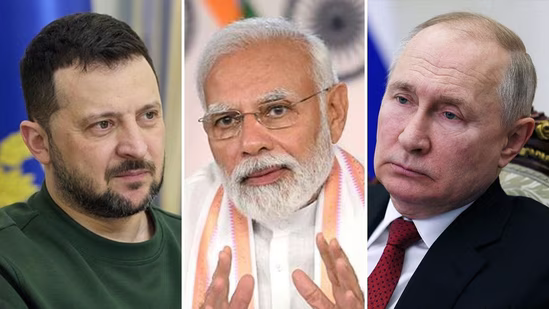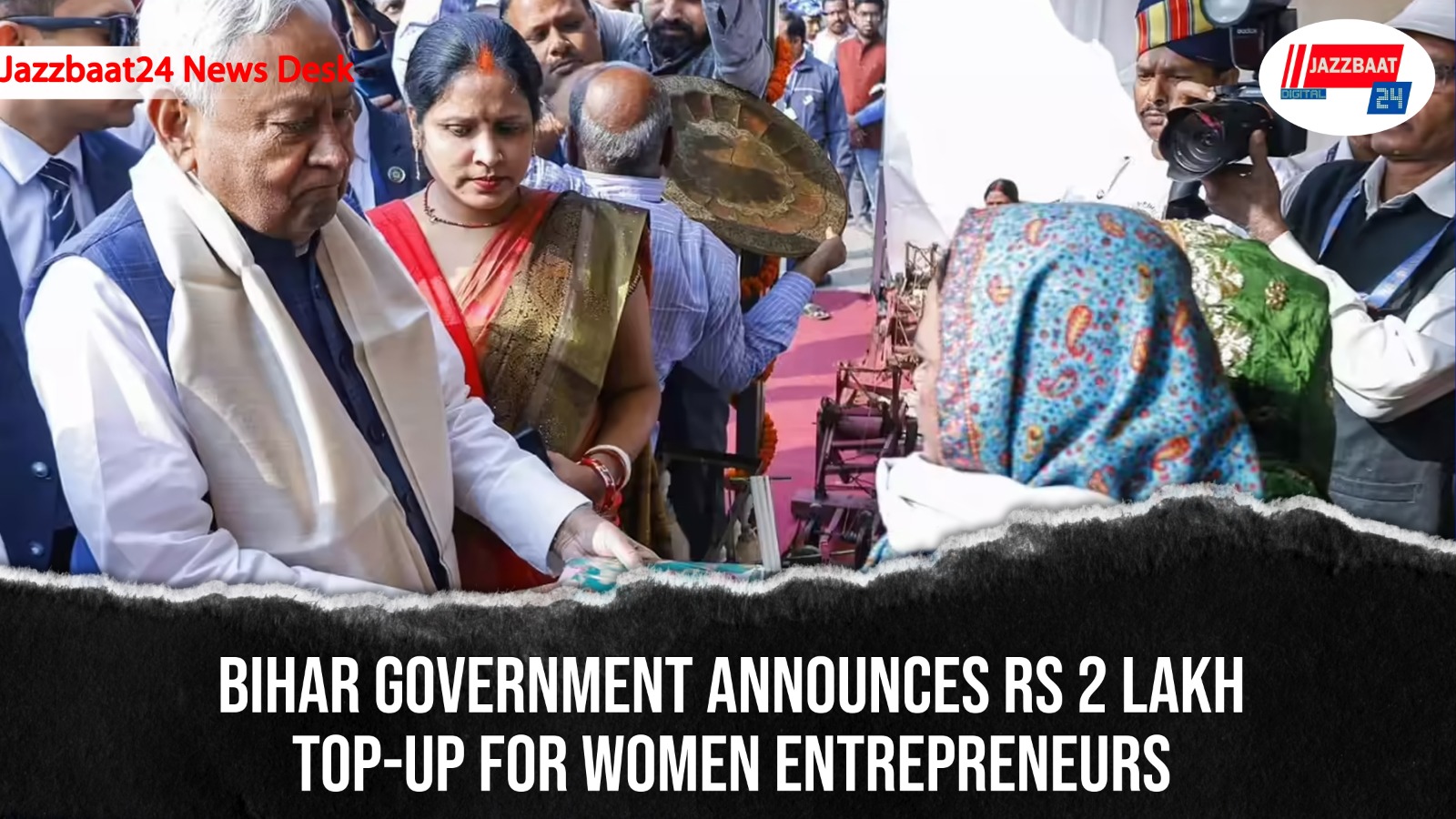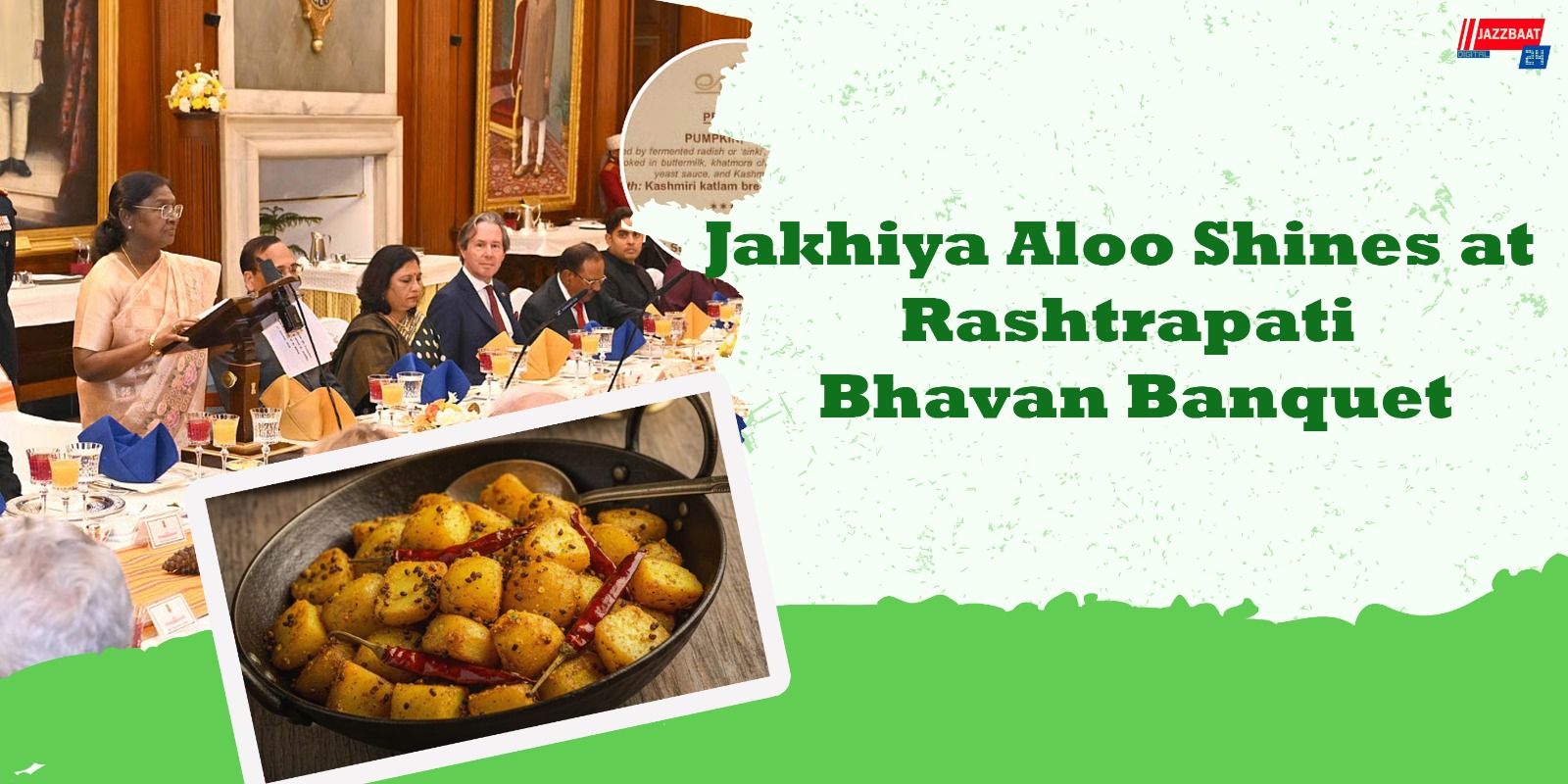Modi is going to plan for peace, what is the opinion of Putin and Zelensky?
The Peace Table was invented to end the long-running conflict in Eastern Europe.He pointed to the high-level diplomacy conducted by India between Russia and Ukraine while keeping major powers like the United States in the loop, aiming to end the Ukraine war.
On 23 September, Prime Minister Modi met Ukrainian President Volodymyr Zelensky for the third time in four months to update him on talks with Russian President Vladimir Putin on de-escalation and peace talks.
This was after Modi's National Security Adviser Ajit Doval met President Putin on September 12 and briefed the Russian President on the outcome of Prime Minister Modi's visit to Ukraine on August 23.
To ensure that all stakeholders are on board, PM Modi briefed US President Joe Biden on August 25 and again discussed the Ukraine war when the two met on the sidelines of the QUAD Summit in Wilmington, Delaware on September 21.
Prime Minister Modi also had a telephonic conversation with Russian President Vladimir Putin on 27 August. Prime Minister Modi and President Putin exchanged views on the Ukraine-Russia conflict as the Indian Prime Minister reiterated India's firm commitment to support a quick and peaceful resolution of the conflict.
PM Modi will now meet President Putin on October 22 in Kazan on the sidelines of the BRICS summit and will personally brief him on the New York meeting on September 23 with Zelensky. Remember, neither Prime Minister Modi nor President Putin will attend the SCO Heads of Government Summit in Islamabad on October 15-16.
The four points that Prime Minister Modi has followed on the Ukraine issue are: war is not the way to resolve conflicts in this day and age; Crisis solutions do not come from the battlefield; Peace must be negotiated and the negotiation must include all stakeholders and not be one-sided.
India on its part is not trying to impose any plan on the two sides to end the war but only acting as an honest mediator to carry the message between the two hostile countries with the ultimate objective of bringing both the leaders to the peace table.
While some BRICS and European leaders have tried to play a peacemaking role between Kyivv and Moscow by offering various solutions, none have the credibility and seniority of PM Modi to tackle the burning issue.
PM Modi is a close personal friend of President Putin and the two share a great deal of trust with each other. Since Prime Minister Modi took office in May 2014, the two leaders have been in constant touch and spent many hours together discussing global issues.
Prime Minister Modi has also been able to bond with President Zelensky since he met the Ukrainian leader on the sidelines of the G-7 summit in Italy in June. Simply put, Modi, as the longest-serving leader in the democratic world, carries the weight and burden of ending the bloodshed in Central Europe.
EAM Jaishankar said at the event in New York that India has no peace plan or suggestion. "We are having these conversations and sharing them with the other side…..I think that both sides appreciate it… We think if these conversations are helpful and we can do something….we can contribute," He said this at an Asia Society event.
Even before this peace diplomacy began, Prime Minister Modi's friend and French President Emmanuel Macron strongly believed that India could play a role in ending the Ukraine war and help assuage concerns in the Global South.
It is also important that the appeasement diplomacy adopted by PM Modi brings the warring parties to the negotiating table as the US and Western European powers are threatening to allow Ukraine to use long-range Storm Shadow missiles to strike deep into Russian territory.
The move, if approved, would only lead to vertical escalation, with President Putin threatening a major missile retaliation against the entire NATO. If this happens, the whole world will be involved in a war of global proportions.
Although President Zelensky and the anti-Russian media in the West passed sarcastic observations when they embraced President Putin in Moscow, India was an ardent supporter of protecting the sovereignty and integrity of BRICS nations as reiterated in the Goa Declaration. While India has consistently refrained from condemning Russia's war on Ukraine, Prime Minister Modi has clearly told President Putin that this was not an era of war.
The Modi government has denied reports of Indian-made artillery shells being moved to Ukraine by its European customers, despite serious objections from Russia. India's Ministry of External Affairs called the report speculative and misleading because Modi government has kept persistence away from war effort on both sides.
While the Western media continues to target India for buying oil and arms from Russia and thus getting Moscow off the hook in the Ukraine war, the reality is that India has no choice but to keep the pipeline open as both issues are linked to its national security. If India stops buying oil from Russia and the most populous country faces inflation, global oil prices will rise.
India's national security would be compromised as Moscow is still New Delhi's biggest defense partner with more than 60 percent of Russian-origin hardware in the Indian Armed Forces.
Indian dependence on Russian military hardware goes back five decades to when the US and the West decided to arm Pakistan in the name of strategic parity with India.
But this could completely change if the Republican candidate Donald Trump comes to power, as he can directly communicate with Putin to end the conflict and the regional status quo will be forced on Kiev. In this situation, the best option for both sides is to use PM Modi's neutrality and credibility and settle the matter at the negotiating table in a third country.
The UK and the EU, along with Switzerland and Austria, have sanctioned Russia, with the Bergenstock resort peace conference in June a flop, with no Moscow representative present.
Under Biden, US-Russia relations have become deeply strained. Efforts by countries like Saudi Arabia have failed, China has accused Kiev of actively aiding Moscow's war machine, and Zelensky has accused Brazil of siding with Putin. India is now the only viable option under PM Modi.





